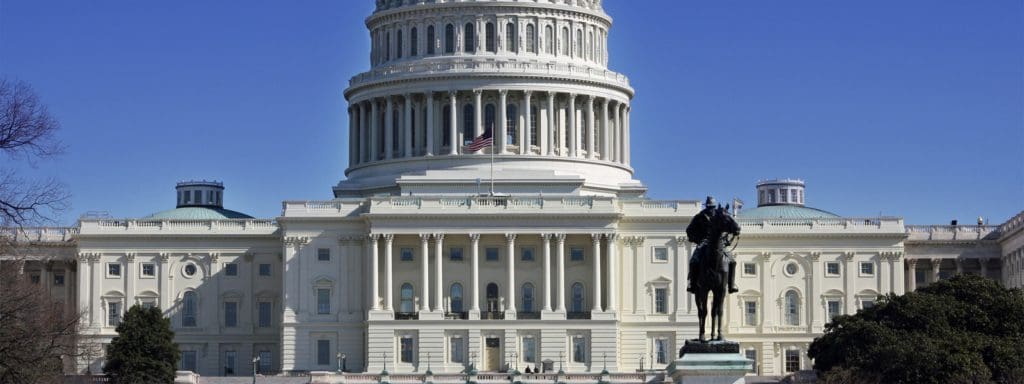After spending months on plans to repeal and replace the Affordable Care Act, Congressional Republicans and the Administration are beginning to pivot to a more unified effort around comprehensive tax reform.
House and Senate Republicans are expected to spend much of the August recess period talking about tax reform with their constituents back home, and the White House will follow suit later this month with President Trump expected to meet leaders of industry and taxpayers throughout the country at events designed to take the tax reform conversation outside of the beltway.
On July 27, House and Senate leaders and the White House issued a joint statement on tax reform, outlining a number of core narrative principles as the effort moves forward. While not rich in detail, the statement called for a pro-growth plan that eliminates much of the complexity in the current tax code and lowers rates for individuals and corporations.
The timing and path forward on tax reform legislation remains unclear. White House Legislative Affairs Director Marc Short said that he expects the House to pass tax legislation in October and the Senate to do so in November and for both chambers to pass budget resolutions that adopt what are known as “reconciliation instructions,” to make it easier to pass a tax reform bill by a simple majority in the Senate. However, this timeline may be optimistic, as both Congressional leaders and staff have cautioned that the process may carry over into 2018.
While there has been some talk that tax reform could be more bipartisan than the health care debate, any discussion of reconciliation would all but shut Democrats out of the process. For their part, Senate Democrats sent a letter to President Trump August 1 expressing desire for a bipartisan process and making their participation conditional on a tax package that does not add to the deficit and that does not endanger critical programs such as Social Security, Medicare, and Medicaid.
How Will 501(c)(3)s be impacted?
It is also unclear how much tax reform will address the broader charitable and philanthropic community, although both White House and Congress have indicated that they plan to keep a strong charitable giving incentive as part of the tax code. Independent Sector has been engaging with key congressional officials to ensure that charitable giving is protected and strengthened in the tax reform process, calling for a universal deduction available to all taxpayers to offset unintended, but expected, reductions in charitable giving if tax reform efforts include stated priorities to reduce top rates and double the standard deduction.
This August is the time to weigh in on this critical issue. Please visit our August recess resources and take a moment to reach out to your Members of Congress to tell them to protect and strengthen giving as part of tax reform.



